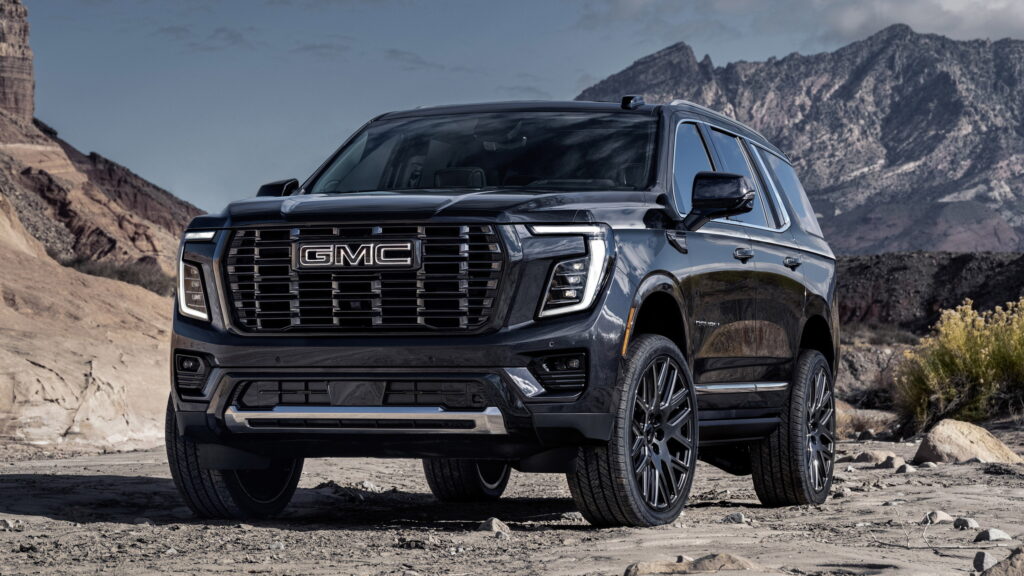What’s Happening

General Motors is making a calculated decision amid ongoing tariff tensions by halting exports of select U.S.-made vehicles to China. This strategic move is aimed at side-stepping potential costs associated with tariff impacts, even though the exported volume from the U.S. to China represented a minuscule figure—less than 0.1% of GM’s total sales in the Chinese market.
Background

Previously, GM leveraged its Durant Guild program to bring American vehicles like the Chevrolet Tahoe, Cadillac Celestiq, and GMC Yukon to Chinese customers. These models are considered luxury imports there. However, with the changing economic conditions, GM announced that it’s pausing these exports to re-optimize operations in China.
Why This Matters

This is not just about cutting back on exports; it’s part of a broader realignment to secure better footing in a shifting industry landscape. Each cost-saving measure, no matter how small, adds up to a more sustainable business model in the face of fluctuating international economic policies.
GM has emphasized its commitment to the Chinese market, focusing on sustaining its joint ventures there while being nimble and responsive to customer needs. Restructuring the Durant Guild is part of this adaptive strategy.
Industry Impact
GM’s decision is reflective of a larger trend among automakers worldwide. Ford, for example, also stopped its U.S. export operations to China earlier, and other brands are also reassessing import-export strategies globally due to similar pressures. Such strategic pauses and adaptations are critical as companies navigate these tumultuous times.
Driving Experience
The vehicles in question, such as the Chevrolet Tahoe and GMC Yukon, offer an exhilarating driving experience characterized by power and luxury. The Tahoe’s robust V8 engine and spacious interior make it particularly appealing for those who value performance without compromising comfort. Driving these vehicles feels akin to commanding an SUV like the Ford Expedition, providing solid road presence, comfortable seating, and a smooth ride.
In conclusion, GM’s strategic withdrawal from specific export activities to China highlights the delicate balance businesses must maintain in response to global trade challenges. Their agility and realignment efforts reflect a proactive stance to secure long-term success in an ever-evolving market landscape.
Toyota's 2026 Models
Afeela EV Sparks Clash
Cool Revive: '72 Corolla
Xiaomi's SUV Scandal
Neon Jeep Recovered